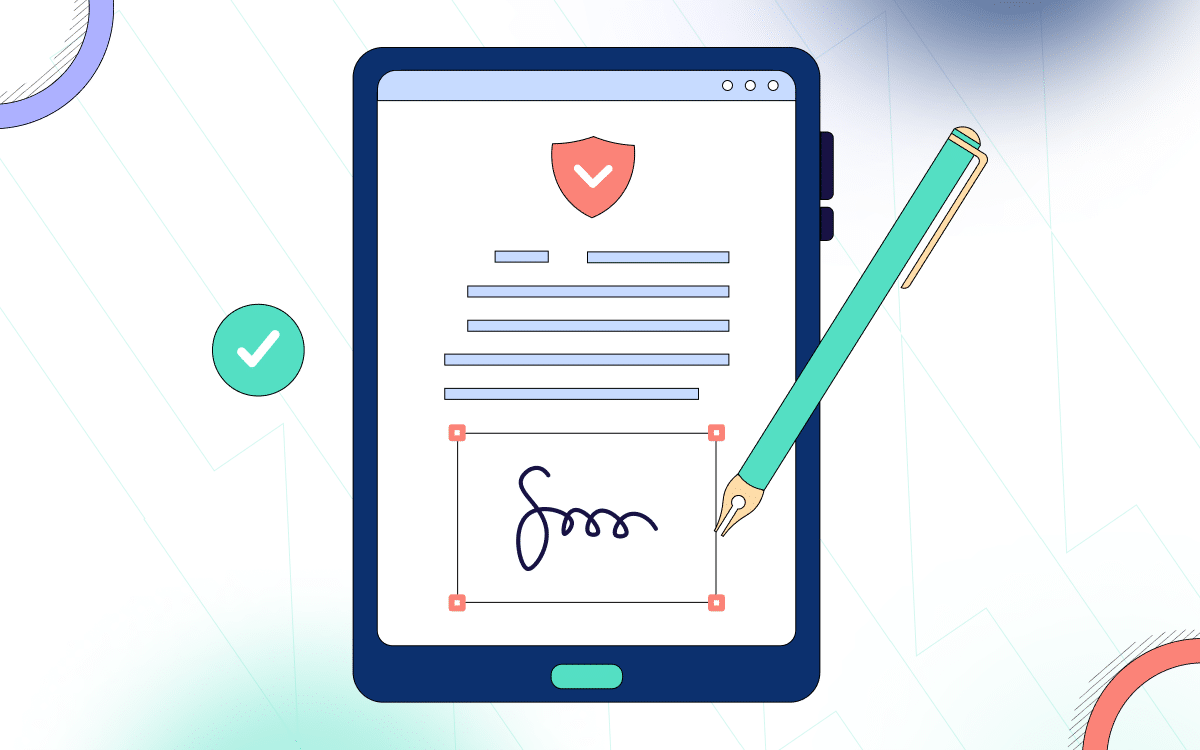Choosing A Trading Platform – What You Should Know To Get Started
What should you look for in your search for the best stock trading platform? Read on for the full breakdown.

Introduction
If you’re looking for the best stock trading platform around, you need to use some search parameters. With the proper criteria of “what to expect” and “what to avoid” finding the right trading platform will be a breeze!
Nowadays, there is an array of online brokerages and apps. From multi-asset, all-round platforms to specialists in trader types, such as day trading and scalping, to forex, cryptocurrency, commodities, or any other market preference: there are a lot of choices. The truth is most people end up with their go-to trading platforms through trial and error. However, you can save time and money by applying some necessary checks to your selection process.
What Is Stock Trading Platform?
At its core, all trading platforms can perform the same fundamental services to users, facilitating the buying and selling of assets from one or more marketplaces. However, there are endless features which can be added on top of these.
We can roughly divide trading “extras” into two categories. The first is “trading options,” and the second is “trading tools.” “Trading options” may include a long list of stocks (or other commodities) to choose from, namely access to derivative markets such as CFDs (“contracts for difference”). “Trading tools” refers to research programs like trading software or other facilities to increase the overall user experience, including social integration and responsive support teams.
How To Choose Your Stock Trading Plaform
Trading platforms can also come in the form of apps, web-based platforms, desktop platforms, and third-party programs. Every broker is geographically limited, so you must live within one of its associated regions to use it. Don’t forget to factor in the varying trading costs from broker to broker and, most importantly, the sliding scale of credibility and reliability!
The more differences and small margins of error you begin to see, the more daunting the task of finding a good broker can become. With a clear and easy-to-follow list of trading requirements, as well as reflecting on some of your personal trading preferences, you will soon find what you are looking for!
Stock Trading Platform Requirements
1.Credibility and reliability
“Does this company care about its clients? Are they actively trying to improve their service and improve the overall trading experience for their customers, or are they just out for themselves?” These are questions which you should keep in mind throughout the process of assessing a possible trading platform. Unfortunately, there are some bad apples out there, and priority number one is to avoid them. Check customer review websites and ensure there is an easily accessible customer support team.
2. Free to download and use
You don’t have to pay to access your chosen platform. Paying for a trading platform does not necessarily mean a higher product quality.
3. Low costs and commissions
Trading fees are an essential factor to consider when choosing your trading platform. It’s all too easy to forget to check – and many platforms with high costs will do their best to keep them hidden. These costs will particularly affect you if you are making regular trades. It is worth mentioning here that TradeOr has 0% trading commissions!
4. Lots of trading options
Make sure to check the trading platform in question, includes the stocks you want to invest in. The more assets listed, the more trading options you will have, enabling you to diversify your portfolio more efficiently. You don’t want to feel pressured into buying a stock simply because there isn’t anything better to invest in on the platform.
5. Lots of trading methods
The more trading methods you have, the easier it is to trade according to your future price predictions. For example, if you believe a stock’s price will fall, you may want to make a “short bet” on it, meaning you can profit if you correctly forecast the downturn of an asset’s value. Other derivative trades include hedging techniques (forward, futures and option contracts are examples of these).
6. Quick and easy deposits and withdrawals
This may seem obvious, but some new traders tend to overlook it. Look at the estimated deposit and withdrawal times across all marketplaces (times may differ depending on which market you are withdrawing from). Also, see if there are any fees associated with either deposits or withdrawals.
7. Intuitive design; easy-to-use
If the platform is too difficult to navigate, it doesn’t matter how good its features and functionalities are. You want to be able to focus entirely on your trades and research, not permanently contacting a platform’s help team to understand how to use it. Some platforms also make a point of being “beginner-friendly.”
Which Is The Best Share Trading Platform?
Finding the best trading platform is very subjective (if you want to focus on day trading cryptocurrency, for example). There are factors, however, which make trading platforms objectively better. We believe our platform, TradeOr, fulfills all the essential requirements and more.
We can confidently say that TradeOr includes all eight prerequisites listed above. We have credibility and reliability. It is free to download and use. Our trading costs are low and you will have access to multiple trading options and methods. Deposits and withdrawals are quick, easy, and free. Our design is intuitive and easy to use. If you have any questions or doubts, make sure you contact our support team.